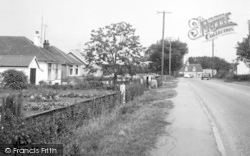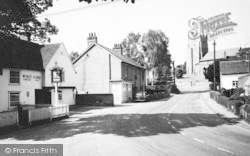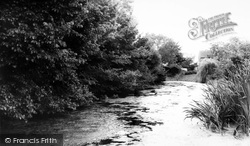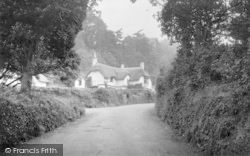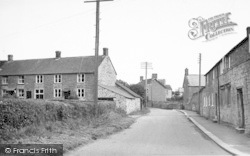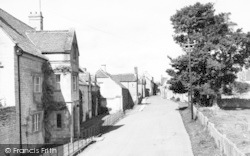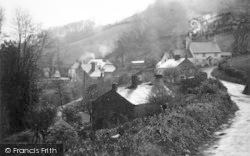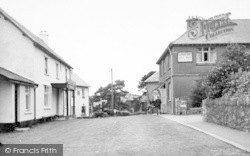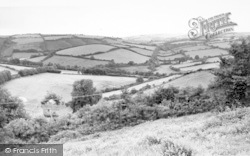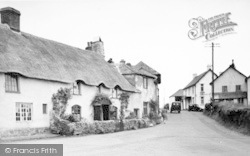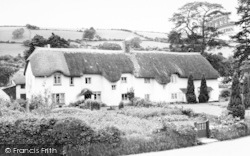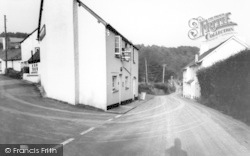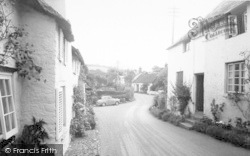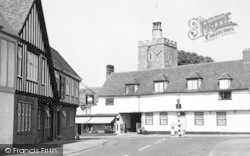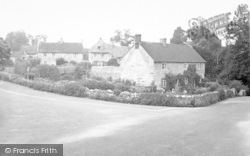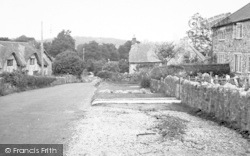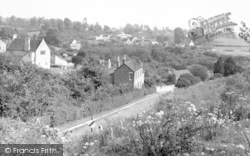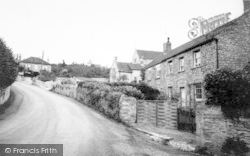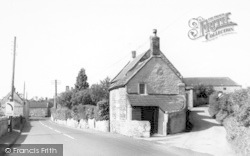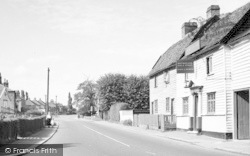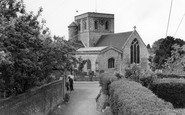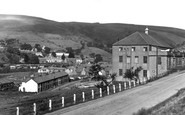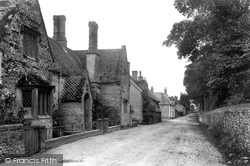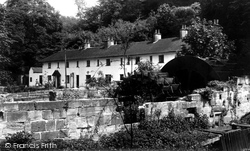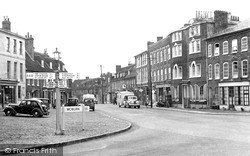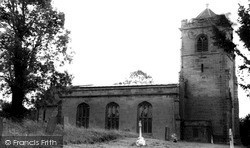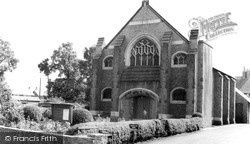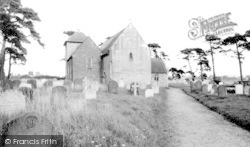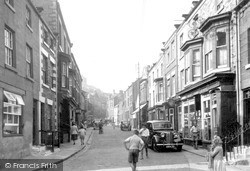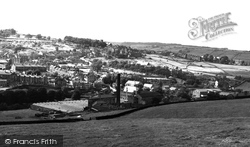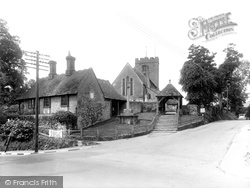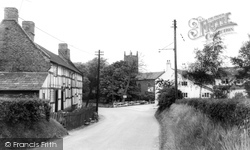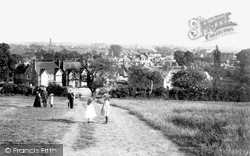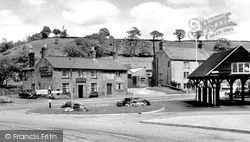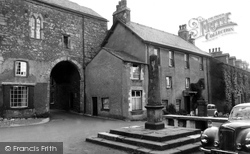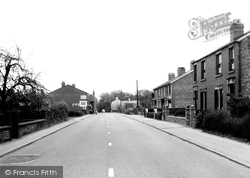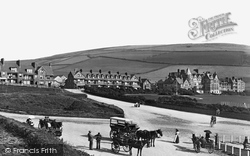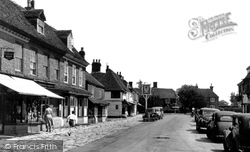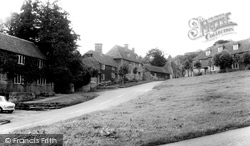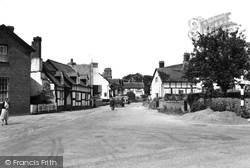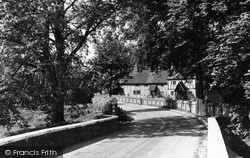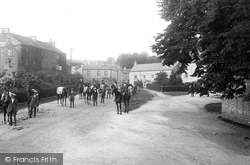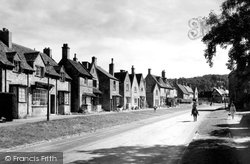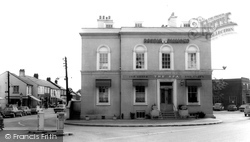Places
5 places found.
Those places high-lighted have photos. All locations may have maps, books and memories.
Photos
9,649 photos found. Showing results 1,961 to 1,980.
Maps
18 maps found.
Books
13 books found. Showing results 2,353 to 13.
Memories
4,612 memories found. Showing results 981 to 990.
Barnton Hollows Photograph.
The photo described as Barnton Hollows, isn't in Barnton. The Hollows shown link the village of Anderton and Marbury. The are called Marbury hollows. The hollows are about 1.5 miles from Barnton R. Pilkington
A memory of Barnton by
Cyril Henry Heath And The Heath Family.
I have been told of old troedy many times and been driven through it to Bargoed, not much there now just a post office. My step father Cyril Heath was born there in September 1934, quite a large family so ...Read more
A memory of Troedrhiwfuwch by
Scout Camp Near Turners Hill
My memory of Turners Hill goes back 60 years, to 1955, when our scout troop camped across the road from Worth Priory. We were the 53rd Croydon (St Gertrude's) Troop. I recall we were given the run of the woods in the ...Read more
A memory of Turners Hill by
Remembrance Day In Kingsclere.
We, in the choir led the procession: down through the village to the Church,(from Knoll Hill I think) .Brownies, Guides and other groups including the odd serviceman home on leave followed behind.I am standing in the road ...Read more
A memory of Kingsclere by
Memories Of A Stubbington House Scoolboy
I am responding to a memory placed here by Peter Madden in 2010 - which I have just spotted. I was intrigued to read Peter Madden's memory of Stubbington. I was a contemporary of Peter's and recall that his ...Read more
A memory of Stubbington
Distant Memories Of An Evacuee
My name is Nigel Redding and I was sent to Llangynwyd about 1942/43? as an evacuee. I was aged about 3 or 4 years old and accompanied by my older brother Alan who was 5 years older. (Both born in Rogerstone , ...Read more
A memory of Llangynwyd by
Lives Saved
In 1949 my father died of TB, contracted whilst serving in Irag/Iran during WWII. At that time many sufferers of the disease were sent to sanitoriums in the European Alps for a cure. My Father died at our house in the village of ...Read more
A memory of Heath End
Family
My Dad was born in Gyncorrwg in 1941 and worked in the mines. My memories of Glyncorrwg would be staying with my grampy Tony who lived up the top.I still visit the village as I have cousins there I love the place, so quiet and peaceful with ...Read more
A memory of Glyncorrwg by
The Former Post Office (Later Rivers Dale House) The Street, Eversley, 1970's
As I have outlined on this site before, I lived in The Street, Eversley from 1971 - 83. The house in which we lived, built in 1952 by a Mr & Mrs Leversuch, no longer exists as ...Read more
A memory of Eversley by
Growing Up In Timperley.
I lived in Timperley from the age of seven in 1953 till the age of fifteen in 1961. Our family lived on Heyes Lane opposite the Congregational church and next to an empty lot I remember the incredible bonfires we had on Nov 5th ...Read more
A memory of Timperley by
Captions
5,016 captions found. Showing results 2,353 to 2,376.
This row of flint and brick cottages are in the style of the 17th century, but they have the date 1844 over the porch.
A mill close to the village was mentioned in the Domesday Book and the ruins, seen on the Trent's bank, were probably part of it.
The second time it was rebuilt with the benevolent assistance of the Duke of Bedford, a fact that is reflected in the open aspect of its modern layout and the quality of the Georgian facades on the
St Lawrence's stands on Meriden Hill, aloof from most of the community it serves, but close to a small cluster of old houses and with views towards Coventry.
On the east side of the village, this is an undernourished Non- conformist chapel, in a sense a poor relation of the Methodist church in Castle Donington.
Separated from Loddon by the river Chet, the village of Chedgrave has become a desirable residential area. All Saints' Church stands solidly against the east wind which blows across the marshes.
In the summer months, this street is congested with cars.
This view of the village on the hill from Hebden Road is dominated by the two big mills, the Ivy Bank Mills on the left and Bridgehouse Mill in the foreground.
A Roman settlement on Stane Street and the navigable River Arun.
St Luke's Church is pictured in the centre. The white building beside it is The Red Lion Inn; there is a sign on the tree in front of the church which says 'No Coaches'.
This view from Caversham Heights, north-west of the village centre, gives a good impression of the scale of Reading in the Edwardian period and before Caversham itself expanded far to its north and
This crossroads west of the village of Calver is known as Calver Sough - a sough (pronounced “suff”) being a drainage tunnel designed to take water out of lead mines.
At the centre of the village is the ancient market cross and priory gatehouse, now owned by the National Trust.
This view looks south along Wigan Road to the Anderton Arms, now managed as an Italian restaurant.
The village is at the north end of a magnificent two-mile long sandy beach. Until the 1800s this stretch of coast was remote, its splendours familiar only to Ilfracombe fishermen.
Most of the delightful old houses along this street were constructed during the 15th century, at a time when the village prospered as part of the profitable cloth trade centred on Cranbrook.
The Kent-Sussex border divides the village in two, but this area, the older part with tile-hung cottages clustered around a triangular green, is in Kent.
The village's only junction is shown here.
On the east side of the village, this is an undernourished Non- conformist chapel, in a sense a poor relation of the Methodist church in Castle Donington.
Close to the village of Nettleden is one of the most beautiful places in the county.
Monks from nearby Jervaulx Abbey began the tradition of horse breeding in this dale.
From about 1600 Broadway was a thriving staging post, and horse-drawn carriages by the dozen stopped here to feed and water en route from London to Worcester - a journey of more than 17 hours.
Notice all the piles of paving stones waiting to be laid into the pavement.
A spa was established at Hockley after 1838, when a Mrs Clay claimed that she had been cured of asthma by a well in her garden.
Places (5)
Photos (9649)
Memories (4612)
Books (13)
Maps (18)




